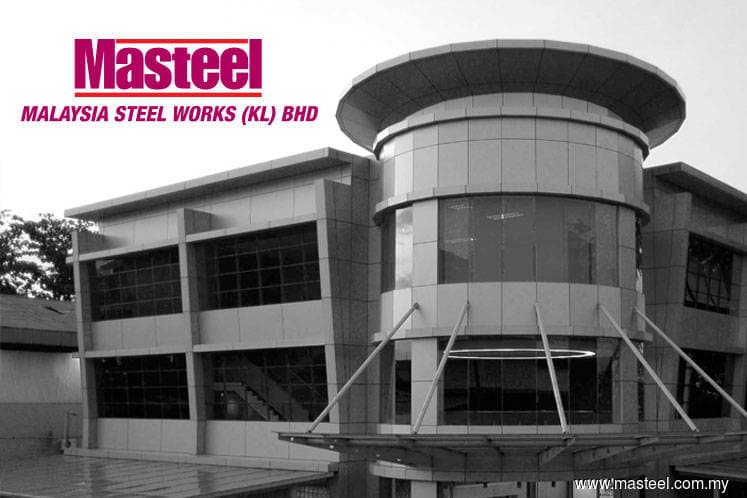
This article first appeared in The Edge Financial Daily on August 7, 2019
KUALA LUMPUR: Malaysia Steel Works (KL) Bhd’s (Masteel) stand-alone credit profile remains vulnerable to fluctuations in steel price, the cost of raw materials and increased competitive pressures in the Malaysian market, according to Malaysian Rating Corp Bhd (MARC).
In a statement yesterday, MARC said given Masteel’s relatively modest market position in the production of steel billets and bars, mainly for local consumption, these factors have weighed on its profitability margins.
Nonetheless, the rating agency affirmed its AAA IS(fg) rating on Masteel’s RM130 million Sukuk Ijarah programme, with a stable outlook, based on the unconditional and irrevocable financial guarantee insurance provided by Danajamin Nasional Bhd.
“Noteholders are insulated from downside risks in relation to Masteel’s credit profile by the guarantee provided by Danajamin. Any changes in the supported rating or rating outlook will be primarily driven by changes in Danajamin’s credit strength,” it said.
According to MARC, the domestic construction and property sectors’ challenging conditions have exerted pressure on steel suppliers. The situation is exacerbated by a major player entering the steel sector in October 2018, leading to a price war.
Consequently, domestic steel bar prices declined to RM2,225 per tonne by end-December 2018 (versus RM2,750 per tonne in January 2018), it said.
While Masteel increased its output and improved its product mix to include a higher proportion of steel bars, generating higher margins compared with that of steel billets, the company still recorded a weaker operating margin of 1.4% in 2018, mainly due to a decline in gross steel bar margins, coupled with impairments in inventory and higher administrative expenses.
Also, for the first quarter ended March 31, 2019 (1QFY19), Masteel still faced weakening profitability, recording operating losses of RM11.4 million.
MARC, therefore, viewed that it would be challenging for Masteel to turn around its performance over the near term.
Masteel’s liquidity position also remains weak, it noted, with RM35.7 million in cash and cash equivalents, against a short-term debt of RM297.6 million, comprising mostly bills payable as at 1QFY19.
Masteel’s working capital requirement has risen as well, alongside an increase in sales volume and a higher cost of raw materials.
Nonetheless, MARC said Masteel has improved its receivable days to below 40 over the last three years. “Masteel’s investments in the more efficient induction furnaces have also somewhat prevented the group from incurring larger operating losses.”
On Masteel’s gearing level, MARC said it remained moderate at end-2018, as reflected by its debt-to-equity ratio of 0.59 times.